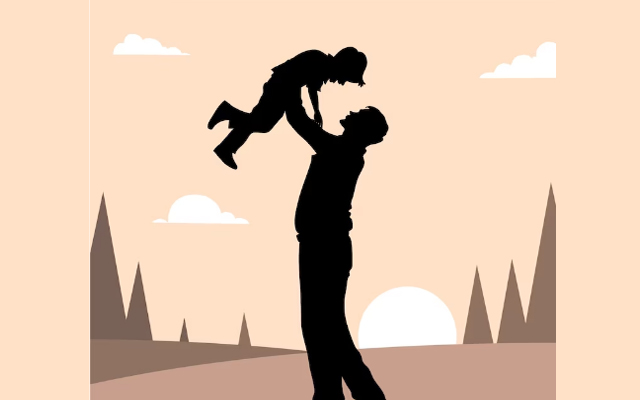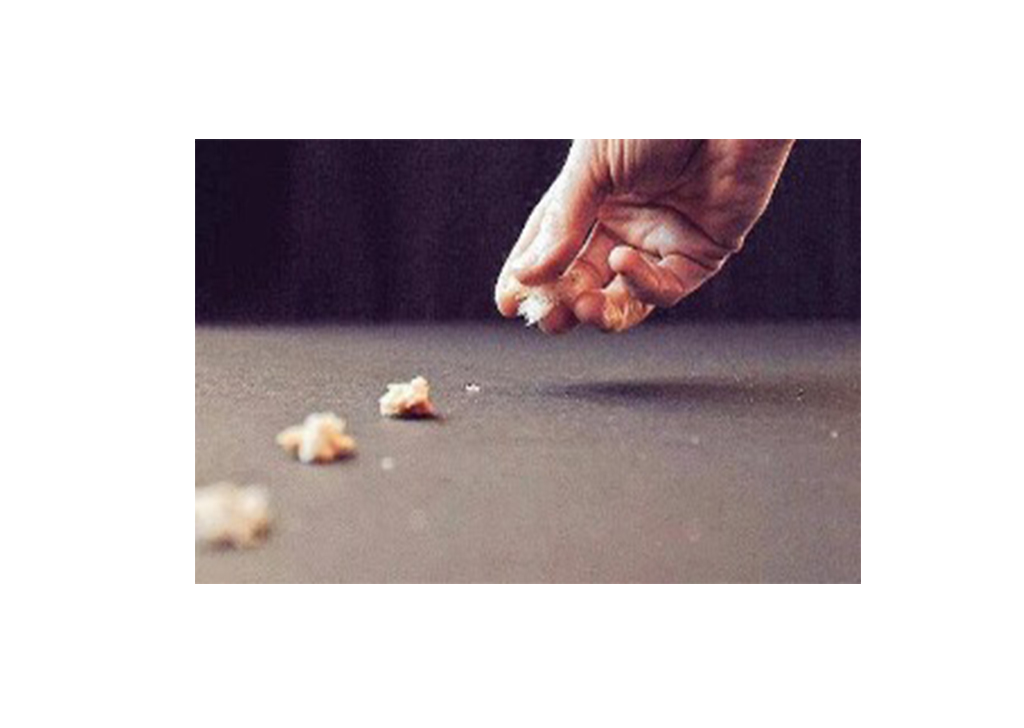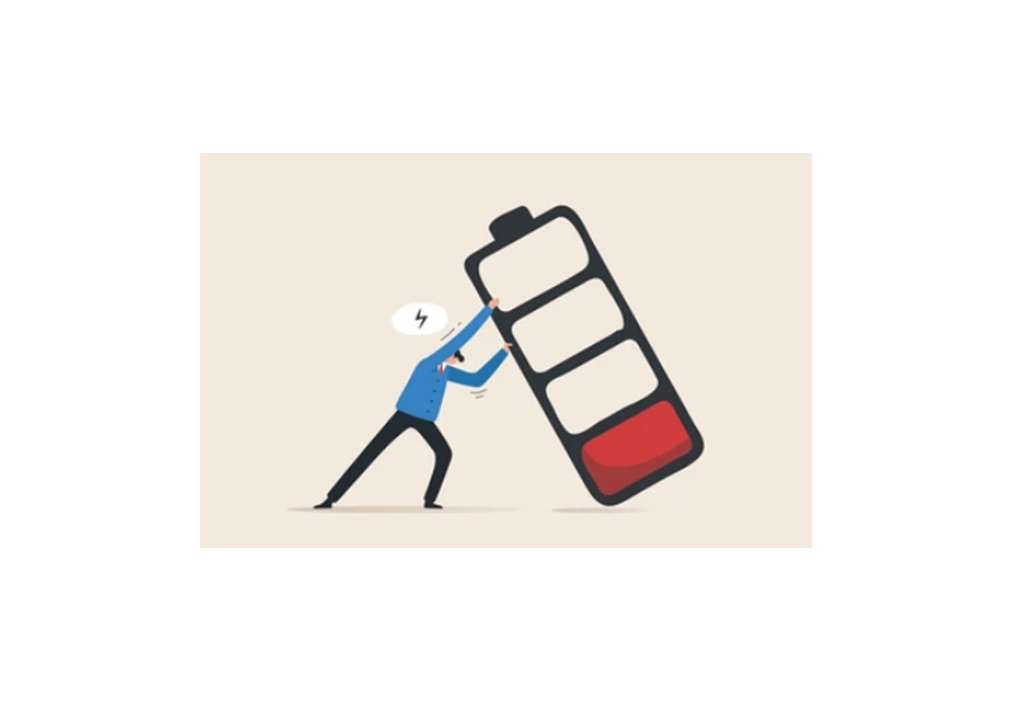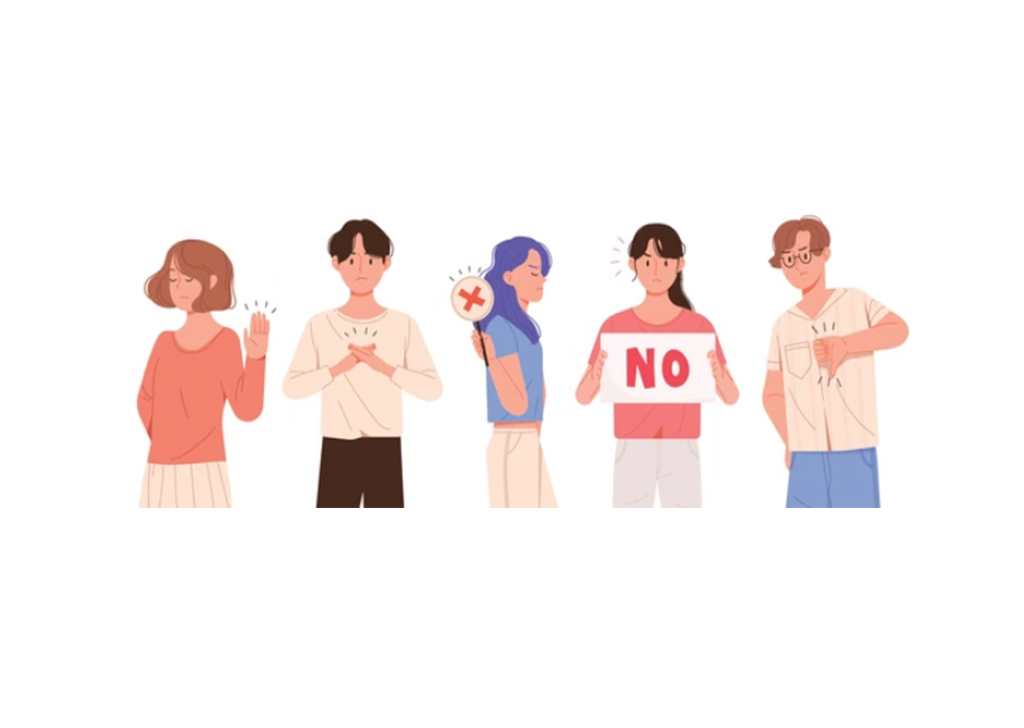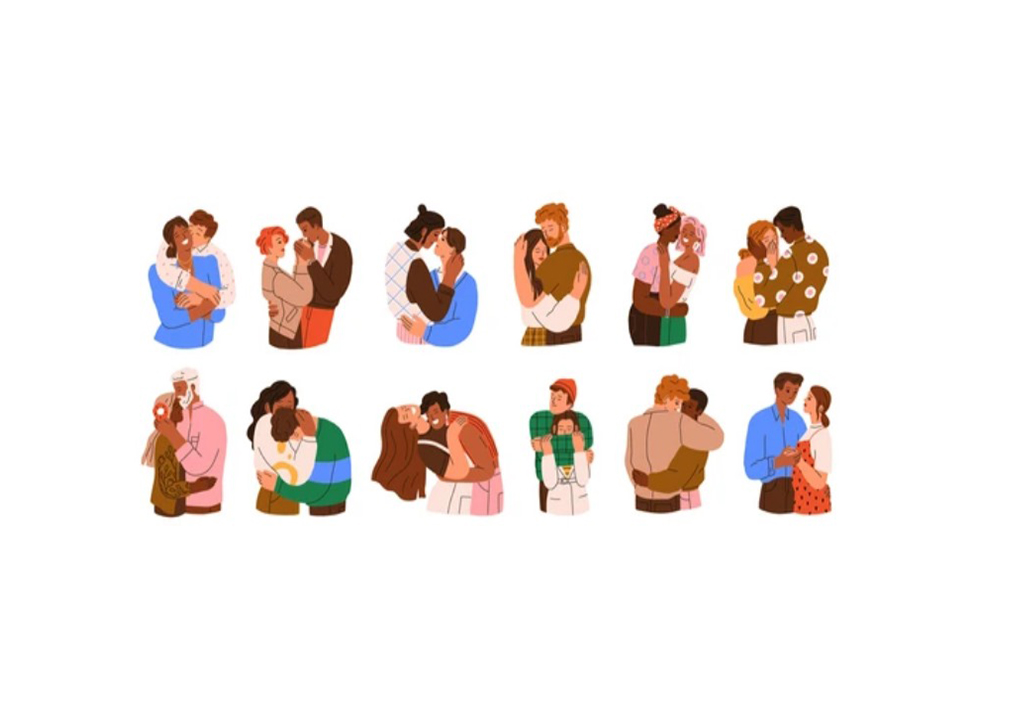What is a father and what is not?
Let's start with the simplest definition. We call a man who has children a father, but the word "father" has a very important place in our lives.
In all monotheistic and polytheistic religions the role of the father is very different. God is also defined as a father (Kronos, Zeus, Allah, Moses, Jesus...). Religious leaders are identified as fathers (Baba Isaac, Baba Mansur...). Classification specific to people who are helpful and chivalrous (Babaayiğit, babaacan, baba adam...). We also refer to people who are pioneering founders in the fields of art, science and sports as fathers (Müslüm baba, meaning the father of this business...) It has even entered the political literature (Süleyman baba). We also use the adjective "father's house" to sanctify the place where we were born. In the Mafia and similar underground illegal organizations, leaders are referred to as fathers.
The father figure is very important in Turkish literature. When the father dies, the home falls apart, the children fall into bad ways. Namik Kemal (İntibah), Recai Zade Mahmut Ekrem (Araba sevdası), Orhan Kemal (Baba evi), Reşat Nuri Gültekin (Yaprak dökümü), Oğuz Atay (Letter to my father) ... In the old Yeşilçam Turkish movies, definitions have been created to create authority such as not sitting at the table before the father sits at the table, not putting one foot in front of the other, not smoking, not speaking on his word.
The greatest works of the greatest writers of world literature such as Sophocles King (Oedipus), Shakespeare (Hamlet), Dostayevsky (The Brothers Karamazov), Kafka (The Judgment)... are also written about the father.
As we can see, the father figure plays a very serious role in the emotional, social, cultural and sexual life of a child. In genre literature, the father figure has a stronger definition as the stronghold of the family. While the discourses that everything will fall apart if he leaves or dies are stronger, in western literature, the tragedy of children who are more restrictive, despotic and want to get rid of him but cannot do so is the subject of the literature.
Almost all civilizations in history are full of rulers who pass from father to son. Children compete among themselves and with their fathers for the throne. When the father dies, fights for the throne to take his inheritance alone can continue today with inheritance fights.
From the distant past to the present, social life expects many things from fathers; it expects men to provide for the household economically, to be religious, cultural, moral sexual role models, and in addition to these responsibilities in the present time, to be friends and educators for their children, and at the same time to take care of their care and responsibilities and not to neglect their accompanying duties. All these expectations are characterized by men actually having children through sexual intercourse. However, it should not be forgotten that all the above-mentioned characteristics are related to self-development. A behavioral model emerges as a result of the conflict between the expectations of the society and the economic, social, emotional, sexual and cultural perspective of the individual. Some men, no matter how harsh a family environment they grow up in, have problems getting rid of the sacred father figure they have created in their minds and hearts. In the novel Hamlet, Prince Hamlet's contradiction in taking revenge on his uncle Claudius, who took the throne after killing his father, the king, and married his mother Gertrude, is well described. While raising their children in this way, some men show this by sacrificing much more of themselves in order to show their children the love, compassion and justice they cannot see from their fathers. In the process of raising all the children after each man becomes a father through sexual intercourse, they create their personal experiments together with their wives, like an experimental laboratory.
At the end of the day, it would not be wrong to define fatherhood as the time period between expectations and dreams for a man who has not completed his personal development within the cultural, emotional, religious, economic, political, political and educational phenomena of the society in which he lives, or who struggles with health, economic, war, terror and losses while trying to complete his personal development.
Of course, women here, and the mother when she has children later on, have a life story that is much more physically and psychologically oppressed because they come from a patriarchal society. Apart from the father and mother's own dreams and traumas, society's expectations from them bring these two structures closer or further away from each other under 3 main headings. Sexuality, having children and the feeling of loving/being loved. The contributions of the partners to these 3 main elements can contribute to the sustainable happiness of the family or magnify unhappiness.
We can think of fatherhood as an acquired identity and a socially, culturally and familially prescribed role. Fatherhood can also be seen as the last role imposed on men by society.
The importance of this identity, which is imposed as the last stage of an individual proving himself to the society as a man, is increasing for men. When we look at the studies conducted in recent years, it is seen that this interest has increased. However, when we look at the studies, fatherhood is studied in the context of the opposite role, and research is conducted on the role of the father in the development and change of the child.
Fatherhood culture and fatherhood behavior are two different phenomena. We can define fatherhood as the culture of fatherhood (a set of norms, values and beliefs belonging to the society), and fatherhood behavior as the penetration of this culture into one's own personal development, dreams and dreams, and the display of this culture as a behavioral model. These two concepts can be considered as the separation of theory and practice.
It is a very specific concept that we encounter in all areas of our lives. Making peace with this concept instead of running away from it will make our present and future more peaceful.
Soner Koşan
Hashtags
father father figure culture society patriarchy
Categories
Family Actual Pedagogical (Family-Child-Adolescent)
